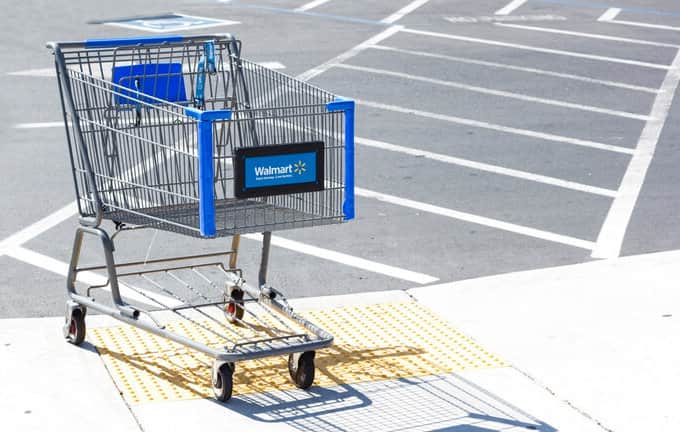As new market participants, especially corporate purchasers, emerge as near-term drivers of renewable energy, state renewable portfolio standards (RPS) are no longer the mainstay of renewable energy demand, claims a new report from Moody’s Investors Service.
Bolstered by dramatic cost declines in renewable generation, renewable economics are now attractive enough to spur demand from entities eager to green their power supply, the firm says.
The report, “US Power & Utilities: Economics, End-User Sustainability Policies Drive Renewables in a post-CPP World,” details the convergence of the supply of cheap renewable power and the new demand from corporate power purchase agreements (CPPAs) and community choice aggregators (CCAs).
“Tax credits and ongoing equipment cost reductions have driven wind and solar generation costs down to historic lows,” states Lesley Ritter, an analyst at Moody’s. “At the same time, we’re seeing a variety of organizations make significant sustainability commitments.”
Since Google initiated its first CPPA in 2010, the market for long-term renewable contracts with corporations – such as Facebook, Amazon and Wal-Mart – has grown rapidly in scale and breadth, according to Moody’s.
“Companies across different industries are turning their attention toward renewable energy as a means to meet their sustainability goals,” adds Ritter.
Local governments, too, have formed or are exploring the possibility of forming entities to procure renewable energy for their residents, the firm points out.
According to the report, CCAs, which are permitted in seven states, currently have the most significant impact in California: Pacific Gas & Electric, whose service territory is exposed to the most CCAs, forecasts a loss of 7.3% of its total load in 2017 and a potential 21% by 2020. Should Los Angeles and San Diego counties form CCAs currently under consideration, they could represent over 40% of the electric load of Southern California Edison and San Diego Gas & Electric, the report says.
Due to an increase in the supply of cheap renewable power to the wholesale market, CPPAs and CCAs represent a credit-negative trend for merchant generators, Moody’s notes. For investor-owned utilities, they pose a rate-base opportunity cost and a breach of the monopolistic utility-customer relationship – a credit-negative.
Furthermore, utilities with renewable businesses – including NextEra, Avangrid, Sempra and ALLETE – will benefit from access to new market participants that provide a new avenue through which to contract the renewable assets they own, says Moody’s.
As the price of renewables continues to decline, more investor-owned utilities are choosing to replace coal-fired power plants by adding lower-cost renewable wind generation capacity directly to their rate base – rather than signing new PPAs to increase generation mix.
Though this will drive demand in the short term, Moody’s expects aggressive state renewable portfolio mandates to support longer-term growth, however.




